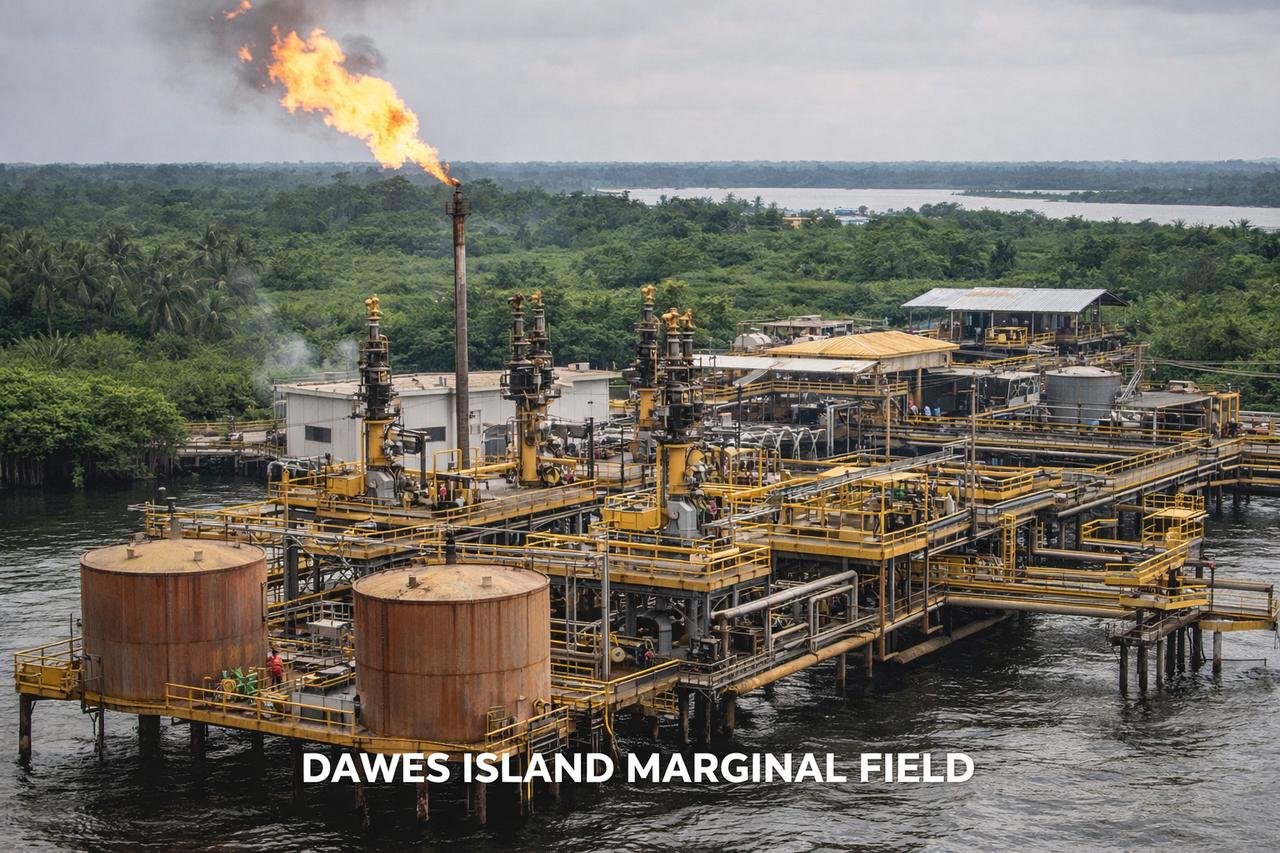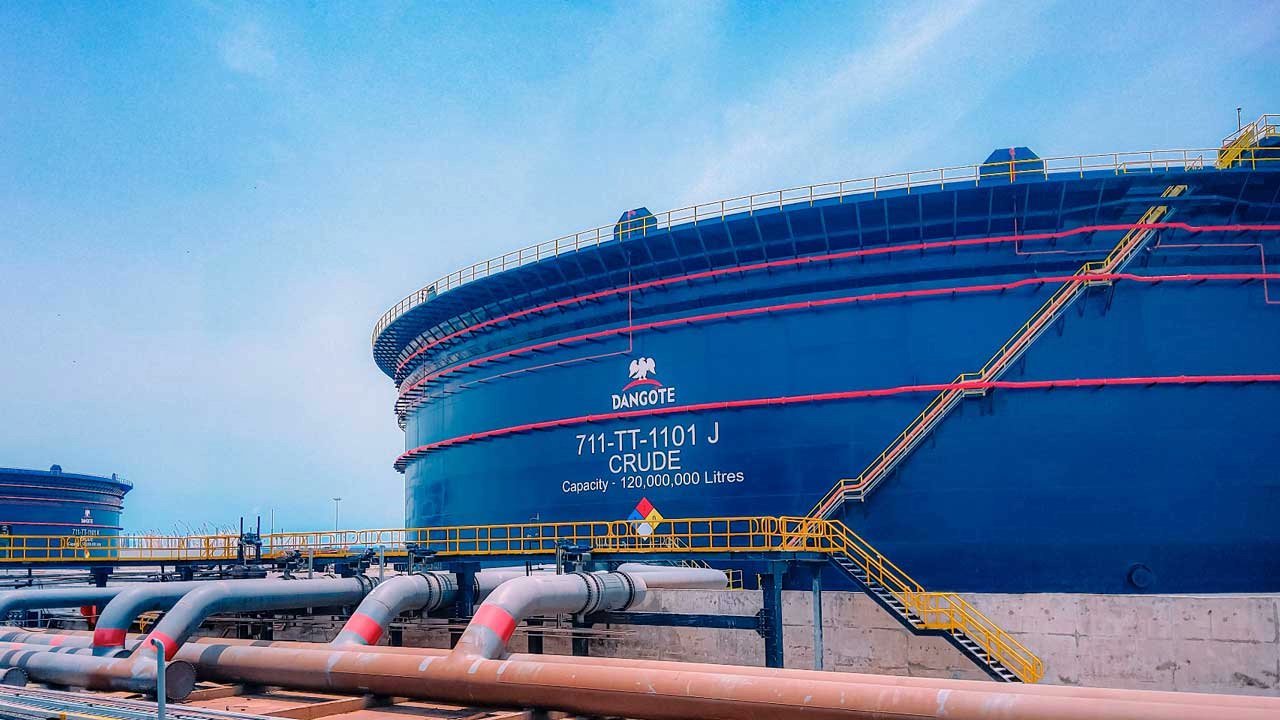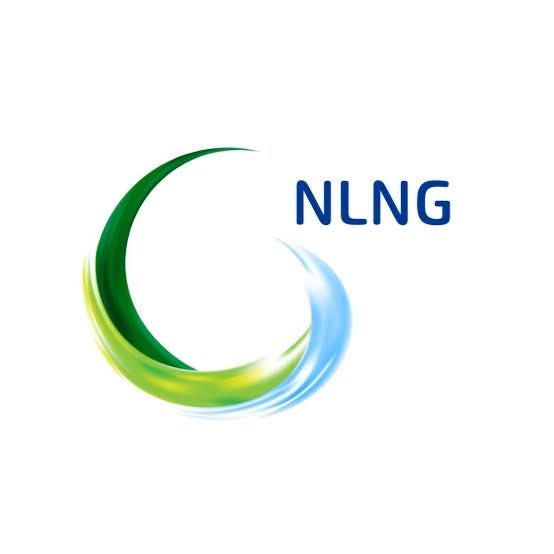Oil prices extended declines as Asian markets opened on Tuesday as traders responded with relief to apparent de-escalation in the conflict between Iran and Israel.
Brent crude, the international benchmark, fell 4.1 per cent to $67.61 a barrel, after US President Donald Trump claimed the two countries had agreed a ceasefire that would end their conflict within 24 hours.
Oil prices had already fallen sharply on Monday following Iran’s attack on a US base in Qatar, which markets judged to be a “de-escalatory” gesture that would stave off a more serious assault on energy infrastructure. Brent closed 7.2 per cent down on Monday at $71.48 a barrel, the biggest drop since August 2022.
Also Read:
- Okechukwu 'Okey' Enelamah: From Enugu to Medical School ,Harvard Business School and 44X MTN…
- Biden-Trump Debate: Democrats Worry Over Biden's Poor Performance, May Ask President to Quit…
- UN security council backs Israel-Hamas ceasefire plan, Hamas ready to discuss details
- Trump Orders Israel to Halt Airstrikes on Iran, To Save Truce
The moves marked a sharp turnaround from the open on Monday, when Brent surged above $80 as traders responded to US strikes on Iran’s nuclear facilities at the weekend. But developments on Monday convinced traders that the conflict was cooling.
Analysts said the decline also reflected traders judging that Iran would not attack important Middle Eastern energy infrastructure or attempt to close the Strait of Hormuz, the channel for about a quarter of the world’s seaborne oil trade, in response to the incursions by the US and Israel.
“Oil markets have come to realise with a jolt that Iran has no interest in an uncontrolled conflagration. As in 2020, Tehran has calibrated a bare minimum response,” said Bill Farren-Price, at the Oxford Institute for Energy Studies.
Analysts also said the crude market was supported by plentiful supply, particularly after the Opec+ group of oil producers lifted its output targets in recent months.
“Another reason for the lack of war premium is the flood of oil that is hitting the market,” said Robert Yawger, commodity analyst at Mizuho Securities, an investment bank.


























